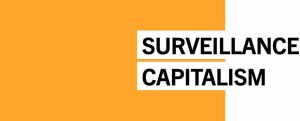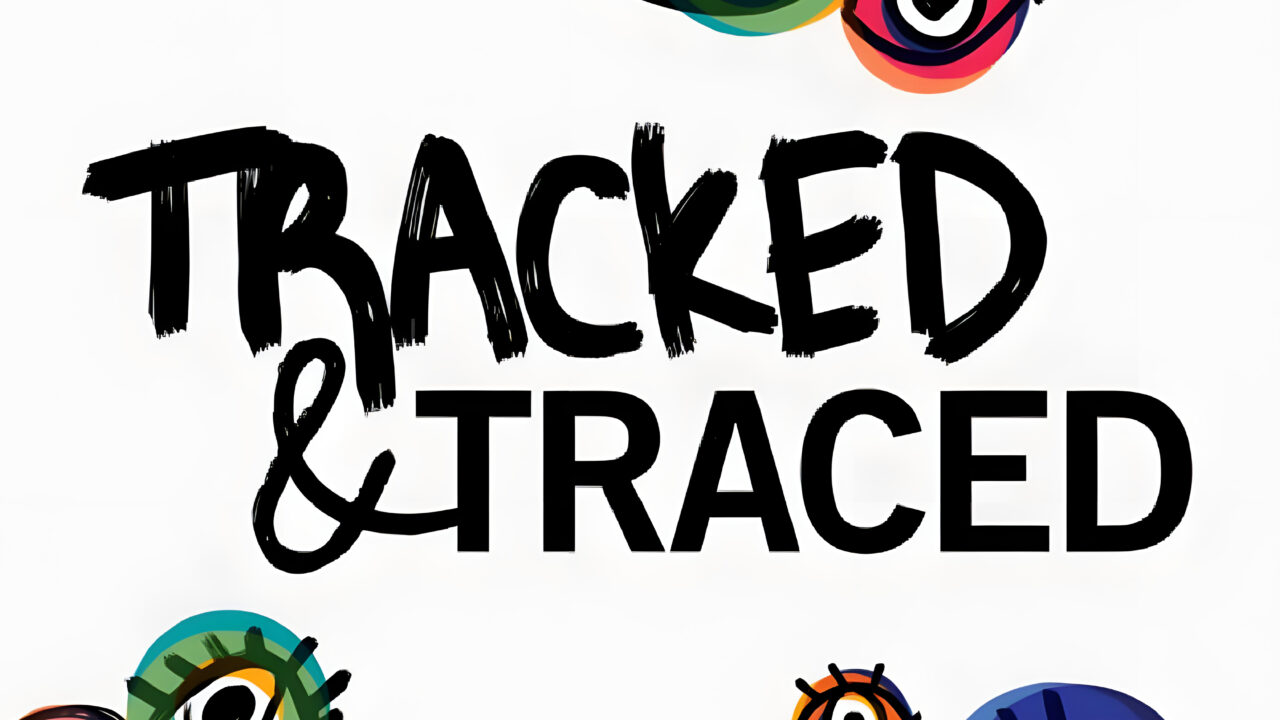Details
Date: September 10, 2021 - December 23, 2021Location
MSU Museum - Main GalleryEast Lansing, MI 48824
With the advent of the 21st century, new technologies expedited the ways in which governments, corporations, and individuals surveilled people, places, and things throughout the world and beyond. In fact, many now claim that we live within a surveillance society. Data is collected, stored, analyzed, and applied in ways both known and unknown. The devices and tools we use—search engines, social media, smartphone apps, fitness trackers, retail loyalty programs, to name a few—enable these forms of opaque surveillance.
What does it mean to live in a world where privacy is merely an illusion? How does surveillance benefit us as individuals and as a society? Alternatively, what are the inherent harms inflicted upon those being tracked & monitored?
In this exhibition, we invite you to explore the myriad ways surveillance impacts our society. Further, we encourage you to explore how we can work to enable more ethical and equitable practices of seeing and being seen.
Subthemes
 While many people think of governments as the chief operators of surveillance technologies, the business sector plays a critical role in designing, utilizing, and monetizing these pervasive tools. In fact, the term surveillance capitalism—coined by renowned scholar Shoshana Zuboff, professor emerita at Harvard Business School—is used to describe the commodification of personal data as a means to generate profits. Often, our personal information is collected and analyzed through digital platforms, such as those created by Google, Amazon, and Facebook. Our online behaviors, including what we “like,” purchase, and view, are monitored, collected, and sold, often without our knowledge. This information fuels the data economy, which positions data as the world’s most valuable resource.
While many people think of governments as the chief operators of surveillance technologies, the business sector plays a critical role in designing, utilizing, and monetizing these pervasive tools. In fact, the term surveillance capitalism—coined by renowned scholar Shoshana Zuboff, professor emerita at Harvard Business School—is used to describe the commodification of personal data as a means to generate profits. Often, our personal information is collected and analyzed through digital platforms, such as those created by Google, Amazon, and Facebook. Our online behaviors, including what we “like,” purchase, and view, are monitored, collected, and sold, often without our knowledge. This information fuels the data economy, which positions data as the world’s most valuable resource.
In many instances, the tools created by the business sector are licensed or sold to further government surveillance. For example, Amazon’s facial recognition software Rekognition was licensed to police departments throughout the nation until the public backlash following the murder of George Floyd by a Minneapolis police officer.
 Research informs us that surveillance disproportionately targets and adversely impacts people disadvantaged by poverty, immigration status, race or ethnicity, and previous encounters with the law. Cathy O’Neil, a prominent mathematician and data scientist, coined the phrase “weapons of math destruction” to describe mathematical models that perpetuate and deepen inequities in marginalized communities by leveraging personal data. Computer algorithms embedded with developer’s biases and prejudices can inflict harm by restricting employment opportunities, creating housing discrimination, enabling predatory lending, and permitting over-policing of communities. Ultimately, these opaque and unregulated algorithms become pernicious feedback loops and deepen inequities. In turn, this can impact mental and physical health, lead to economic instability, reinforce racism, and bring about even more surveillance of underprivileged people and communities.
Research informs us that surveillance disproportionately targets and adversely impacts people disadvantaged by poverty, immigration status, race or ethnicity, and previous encounters with the law. Cathy O’Neil, a prominent mathematician and data scientist, coined the phrase “weapons of math destruction” to describe mathematical models that perpetuate and deepen inequities in marginalized communities by leveraging personal data. Computer algorithms embedded with developer’s biases and prejudices can inflict harm by restricting employment opportunities, creating housing discrimination, enabling predatory lending, and permitting over-policing of communities. Ultimately, these opaque and unregulated algorithms become pernicious feedback loops and deepen inequities. In turn, this can impact mental and physical health, lead to economic instability, reinforce racism, and bring about even more surveillance of underprivileged people and communities.
 The limited regulation around how companies and governments collect and utilize our personal data can create a sense of hopelessness when it comes to protecting our rights and privacy. However, countless activists, organizations, and government officials challenge surveillance and technology practices and work to protect our civil liberties, in both virtual and physical spaces. Policies, such as the European Union’s General Data Protection Regulation (GDPR), focus on transparency and choice around how personal data is shared and processed, while organizations, such as the Electronic Frontier Foundation, focus on defending digital civil liberties and fighting for increased regulations and policies that give us more control over our data. We also see instances of individuals using surveillance tools to combat global health crises and stay connected with loved ones.
The limited regulation around how companies and governments collect and utilize our personal data can create a sense of hopelessness when it comes to protecting our rights and privacy. However, countless activists, organizations, and government officials challenge surveillance and technology practices and work to protect our civil liberties, in both virtual and physical spaces. Policies, such as the European Union’s General Data Protection Regulation (GDPR), focus on transparency and choice around how personal data is shared and processed, while organizations, such as the Electronic Frontier Foundation, focus on defending digital civil liberties and fighting for increased regulations and policies that give us more control over our data. We also see instances of individuals using surveillance tools to combat global health crises and stay connected with loved ones.
 Activism and policy changes around surveillance practices and technologies play a large role in combating societal inequities and creating a better future. As we work toward creating regulations that catch up with the advancements in technology, our actions and behaviors as individuals will make a significant difference in protecting our privacy. Behaviors such as encrypting your messages, using a browser add-on to prevent non-consensual data tracking, and changing your social media settings to prevent your information from being shared with other companies all help us combat unethical surveillance practices, protect our privacy, and prevent companies from profiting off of our personal information.
Activism and policy changes around surveillance practices and technologies play a large role in combating societal inequities and creating a better future. As we work toward creating regulations that catch up with the advancements in technology, our actions and behaviors as individuals will make a significant difference in protecting our privacy. Behaviors such as encrypting your messages, using a browser add-on to prevent non-consensual data tracking, and changing your social media settings to prevent your information from being shared with other companies all help us combat unethical surveillance practices, protect our privacy, and prevent companies from profiting off of our personal information.

